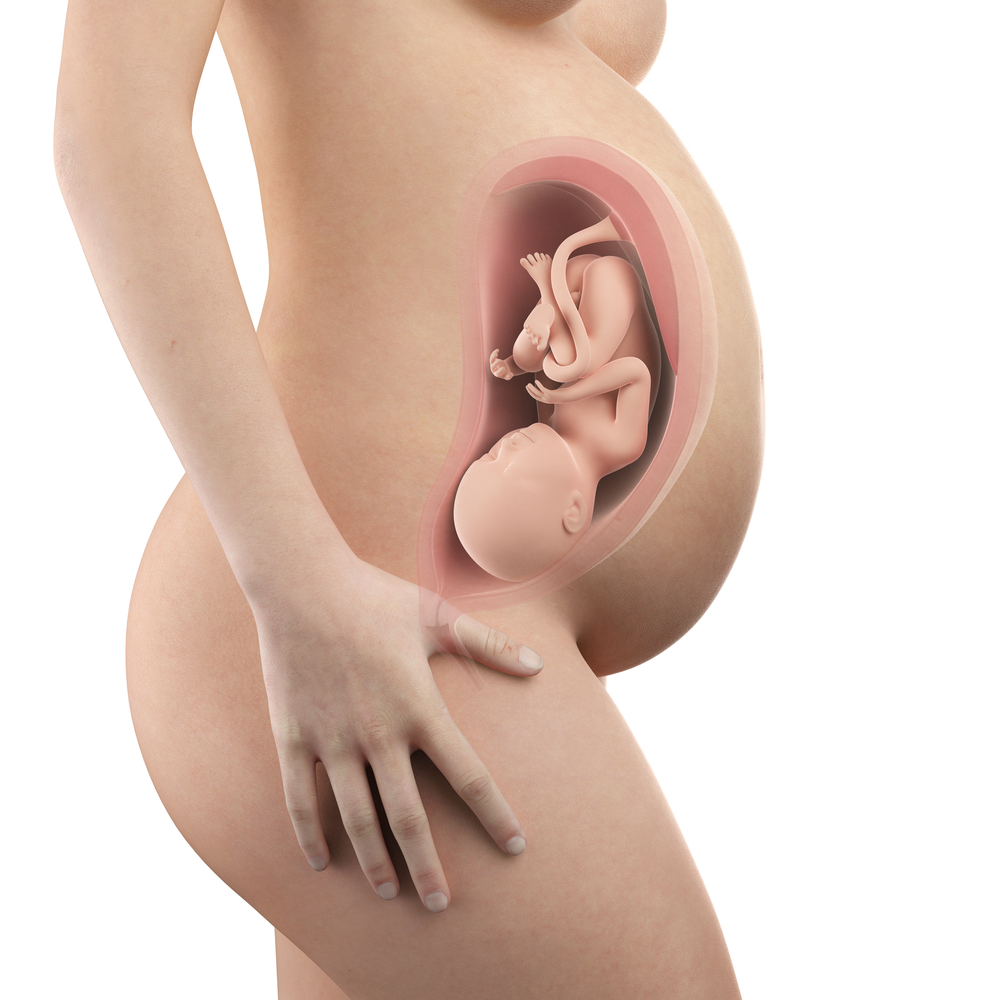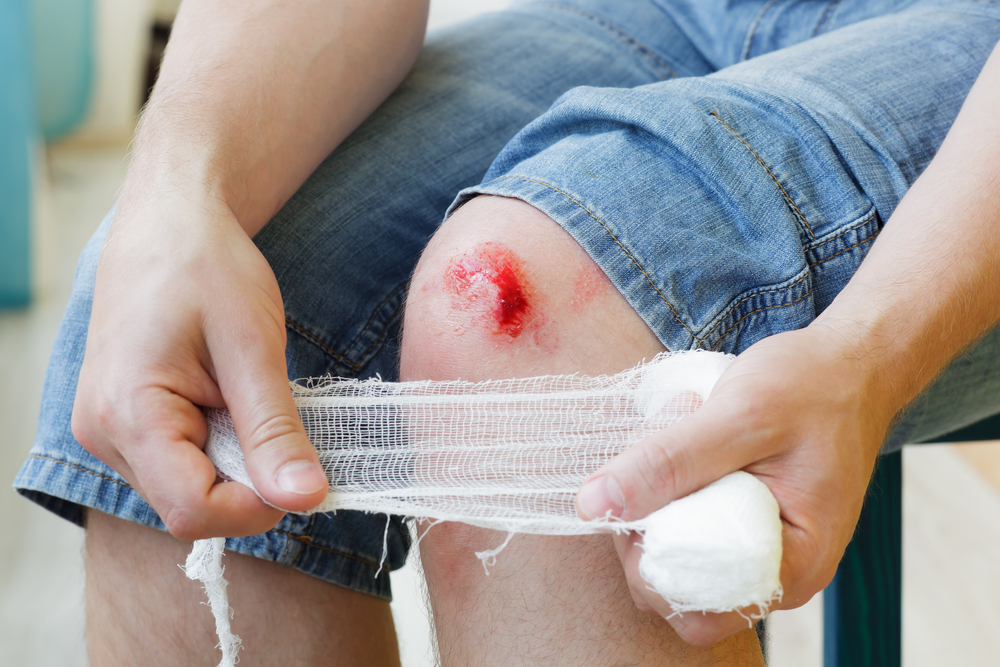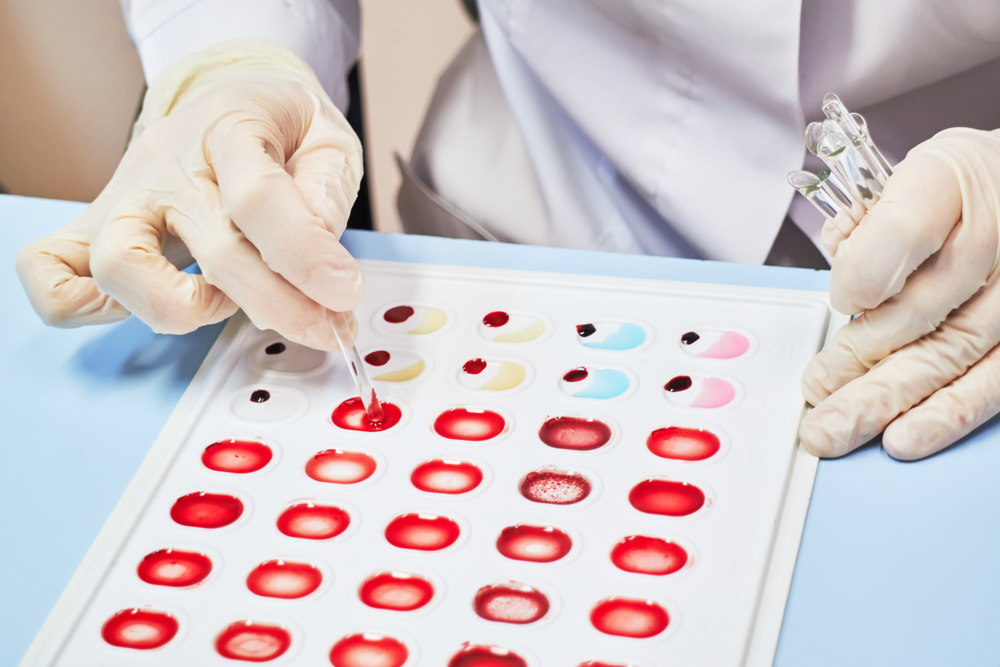Contents:
- Medical Video: How To Stop Acid Reflux | How To Treat Acid Reflux (2018)
- Tips for fasting when suffering from acid reflux increases
- 1. Make sure not to pass the dawn time
- 2. Immediately break the fast when it's time
- 3. Eat slowly
- 4. Eat small portions
- 5. Don't go to sleep or lie down after eating
- 6. Avoid things that stimulate stomach acid
- 7. When sleeping, raise your head
- 8. Wear loose clothes
Medical Video: How To Stop Acid Reflux | How To Treat Acid Reflux (2018)
Having fasting when acid reflux rises must be an unpleasant thing, not only is worship disturbed but you feel uncomfortable doing daily activities. Therefore, do not let stomach acid rise to make you not optimal in carrying out worship and activities. Here's how to prevent stomach acid from rising when fasting.
Tips for fasting when suffering from acid reflux increases
1. Make sure not to pass the dawn time
Having fasting when acid reflux rises can be a source of chaos for your day. To avoid this, you must eat when suhoor. Skipping meal can aggravate your stomach acid during the day, because it's empty during the day. Not only is it the 'provision' of fasting, food that enters your stomach during dawn can also prevent stomach acid from rising into your throat.
2. Immediately break the fast when it's time
After not eating and drinking for approximately 12 hours, your empty stomach must be immediately filled with food. Don't procrastinate to fill your stomach when breaking. Stomach needs to digest food, so that stomach acid produced can be directly used to break down the food that enters.
3. Eat slowly
One of the things that must be remembered when undergoing fasting when stomach acid rises is to eat slowly. It's okay to be hungry when breaking your fast, but don't follow your appetite to eat too ravenously without chewing well. Foods that are not chewed properly will actually trigger increased stomach acid. Therefore, eat slowly, enjoy your food, and you will not feel pain due to increased stomach acid.
4. Eat small portions
Eating food in small but frequent portions is one of the keys to preventing stomach acid from rising. Even though you feel very hungry when the breaking time comes, try not to eat too much first. Your stomach needs time to digest the food. If you eat immediately with a large portion like 'revenge' instead it will stimulate stomach acid rise.
Beven so when you eat sahur, you should eat small portions. So, don't wake up too tight with the time of prayer, provide about three or two hours for sahur, so you are also not in a hurry when eating your food.
5. Don't go to sleep or lie down after eating
Usually, drowsiness returns when the dawn is over. But you should avoid the habit after sahur directly back to bed. Ideally you should wait about 3 hours after eating if you go back to sleep. This will prevent stomach acid from suddenly rising and disrupting your fasting.
6. Avoid things that stimulate stomach acid
Not only set the portion of food, for those of you who have a history of stomach acid rose, then choosing the right food must also be done. Some foods that will only stimulate stomach acid increase are:
- Carbonated drinks, like soda
- Tomato
- Onion
- Spicy food
- High-fat foods, like fried foods.
- Caffeinated food and drinks, chocolate, coffee and tea
- Citrus, like various kinds of oranges
All these foods, of course, you should avoid, whether it's when eating sahur or breaking the fast, because it will only trigger stomach acid to rise when you fast.
7. When sleeping, raise your head
Try to raise your sleeping position by about 15 cm higher than usual. Do not use several piles of pillows, because they will only raise the head. The upper body should also be raised slightly, so that your sleeping position tends to be sloping. This will prevent stomach acid from rising.
8. Wear loose clothes
You can also use loose clothes to prevent stomach acid from rising. This will reduce the pressure on your abdomen, so you don't have to worry anymore about experiencing it heartburn or feel sore on the stomach. In addition, you should also not use a belt, so that the stomach is not depressed.













